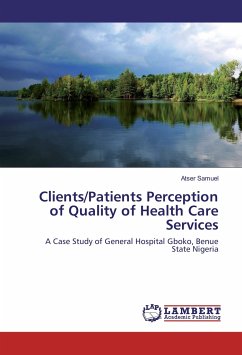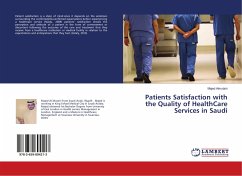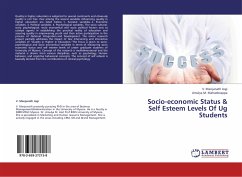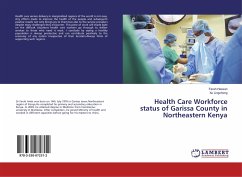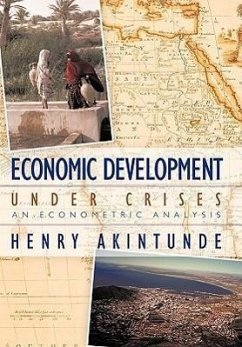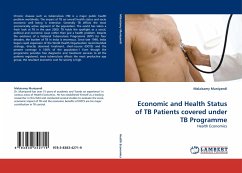
Economic and Health Status of TB Patients covered under TB Programme
Health Economics
Versandkostenfrei!
Versandfertig in 6-10 Tagen
52,99 €
inkl. MwSt.

PAYBACK Punkte
26 °P sammeln!
Supply chain management has been discussed by researchers as well as business practitioners for more than two decades now, but still surprisingly little of this philosophy can be seen in today s business practices. One important enabler for taking the SCM philosophy is often mentioned, but not investigated in-depth, is top management support. The role top management plays in a company s SCM practices could be an important piece of research that is not yet in place in the big SCM puzzle. The purpose of this dissertation is therefore to describe and explain the role of top management in a compan...
Supply chain management has been discussed by researchers as well as business practitioners for more than two decades now, but still surprisingly little of this philosophy can be seen in today s business practices. One important enabler for taking the SCM philosophy is often mentioned, but not investigated in-depth, is top management support. The role top management plays in a company s SCM practices could be an important piece of research that is not yet in place in the big SCM puzzle. The purpose of this dissertation is therefore to describe and explain the role of top management in a company s supply chain management practices. The purpose is approached with the aid of two studies, where the second is partly built upon the findings from the first. The first study is an explorative, broad survey study aimed at investigating how companies SCM practices, here limited to include a focal company s logistics collaboration with suppliers and customers, are performed. In the second study, which is an explanative, multiple case study, the role of top management is investigated more in detail. The empirical foundation for the survey study is a questionnaire.



